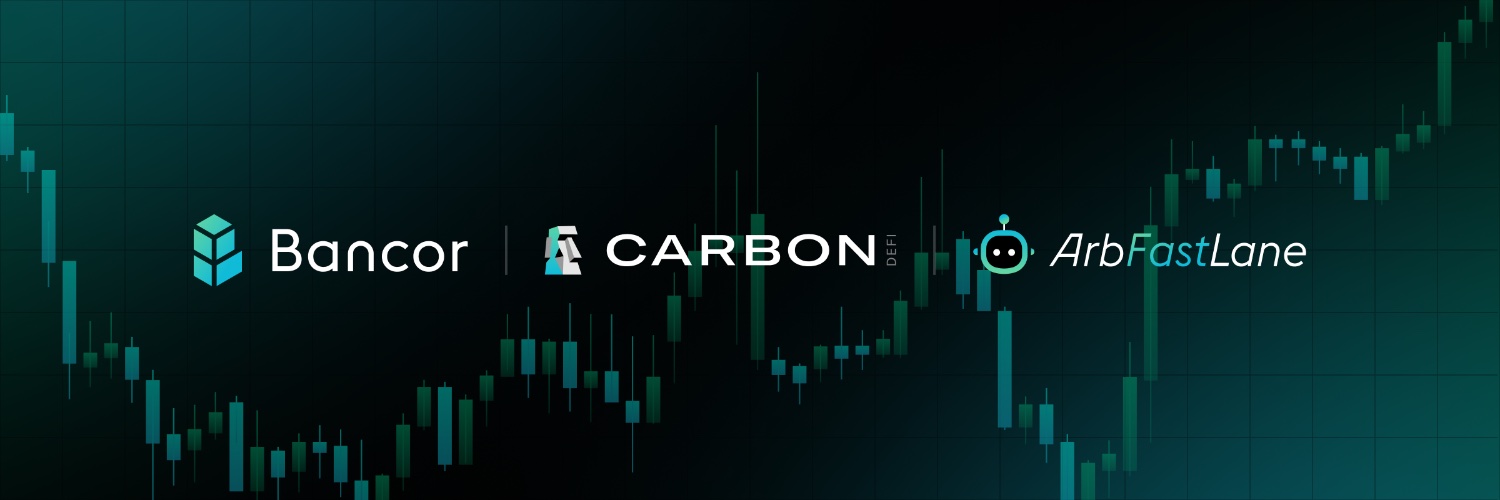# amm
Automated Market Makers allow people to exchange coins based on built-in autonomous mechanisms instead of dealing with intermediaries
Automated Market Makers allow people to exchange coins based on built-in autonomous mechanisms instead of dealing with intermediaries

DeFi / DEX aggregator that is interested in high liquidity and optimal rates on Ethereum, Binance Smart Chain, Optimism, Polygon

Aerodrome Finance is a next-generation AMM designed to serve as Base's central liquidity hub, combining a powerful liquidity incentive engine, vote-lock governance model, and friendly user experience.
Aerodrome inherits the latest features from Velodrome V2. Aerodrome NFTs vote to distribute token emissions and receive incentives and fees generated by the protocol.

AirSwap is an open developer community focused on decentralized trading systems. AirSwap technology powers peer-to-peer swap networks using de facto standard RFQ and Last Look protocols making it the weapon of choice for traditional market makers entering the decentralized financial system.

Balancer is a multi-token automated market maker (AMM) that functions as a self-balancing weighted portfolio protocol. Balancer is built on the Ethereum network. It allows anyone to create or add liquidity to customizable pools and earn trading fees. Compared to a typical constant product AMM model, Balancer uses a generalization formula that could be adjusted to any number of tokens at any amount of weightage.

Bancor is a decentralized exchange. It is distinguished from other DEX protocols by its automated market maker, which lets people deposit liquidity in a single-sided fashion, whereas many other platforms require its visitors to provide liquidity with their tokens in an inherently two-sided way. Bancor's automated market maker mechanism achieves this through its native token, BNT, which is dynamically minted and co-invested by the protocol when visitors deposit their collateral as liquidity. Besides having BNT as the unitary counterpart asset of exchange for trading on the platform, the protocol also offers a unique solution against Impermanent Loss to its liquidity providers.

CowSwap is the first trading interface built on top of Gnosis Protocol v2. CowSwap is a Meta DEX aggregator that allows you to trade with MEV protection.

Muffin is an automated market maker (AMM) protocol that supports these core features: Concentrated liquidity, Multiple fee tiers per pool, Limit range orders, Internal accounts

Orca is a decentralized exchange (DEX) on the Solana blockchain, designed with a focus on ease of use and efficiency, targeting both new and experienced users in DeFi. It stands out for its intuitive interface, fast transaction speeds, and lower costs, thanks to Solana's capabilities. Orca also emphasizes community and sustainability, incorporating features like impact investing through its "Whirlpools" for liquidity providers, aiming to make DeFi more accessible and beneficial for a broader audience.

Primitive is an ecosystem of efforts to build an innovative and oracle-free solution to DeFi derivatives. Under Primitive is a US equity company Primitive Bits, the decentralized RMM protocol, and the Primitive Products

Shell v2 lets you build capital-efficient AMMs that can evolve over time, design transactions with seamless atomic composability, and offer up to 4x cheaper gas costs for your users.

Uniswap is a decentralized exchange protocol (DEX). It allows people to set up or contribute to liquidity pools consisting of various ERC-20 token pairs, or to use the available liquidity to swap their tokens against another using its Automated Market Maker (AMM) mechanism.
AMMS are one of the building blocks in the crypto space as they always provide users with a price between two assets. Uniswap uses a simple X * Y = K, formula to price assets where x is the amount of one token in the liquidity pool, and y is the amount of the other. k is a fixed constant, meaning the pool’s total liquidity is always the same.
There are various risks involved with using AMMS. These include but are not limited to: Protocol Risk - risk due to mechanics in the design of a protocol. Even when the protocol functions as intended there might be risks e.g. high slippage incurred in trades due to the liquidity curve set-up Smart contract risk - This is risk from an error in the code causing the contract to operate in ways unexpected by the developers. It might leave the code vulnerable to exploits or other attacks Cybersecurity risk - Hackers, Exploiters or other malicious actors trying to attack Uniswap
Uniswap is arguably one of the largest AMMs in crypto and is usually the protocol where tokens find the most liquidity. Its UI/UX is extremely simple and users can trade most tokens with little problems.